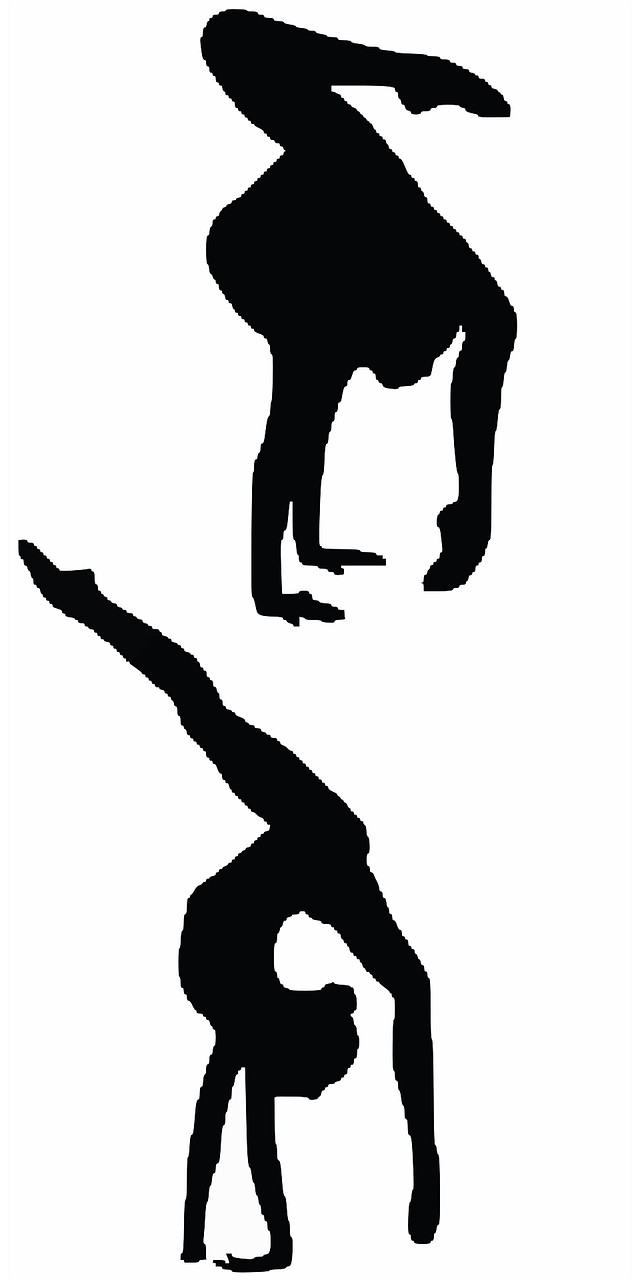学乒乓球英语
Improving Your Table Tennis Skills with English Practice
Table tennis, also known as pingpong, is a globally popular sport that requires agility, precision, and strategy. While mastering the physical techniques is crucial, developing your English proficiency can also enhance your table tennis experience, especially in international competitions, coaching sessions, or when communicating with players from diverse backgrounds. Here are several ways to incorporate English practice into your table tennis training:
1. Vocabulary Building:
Basic Terms:
Start by learning essential table tennis vocabulary such as "forehand," "backhand," "serve," "spin," "rally," and "smash." Understand the meaning of terms related to scoring, rules, equipment, and techniques.
Advanced Techniques:
Explore specialized vocabulary related to advanced techniques like "loop," "chop," "block," "lob," and "drop shot." Understanding these terms will help you follow instructions from coaches and analyze professional matches. 2. Listening Comprehension:
Watch Tournaments:
Tune in to international table tennis tournaments with English commentary. Pay attention to how commentators describe players' strategies, movements, and match dynamics. This exposure will improve your listening skills and help you understand different playing styles.
Online Tutorials:
Watch instructional videos or tutorials in English. Many professional players and coaches share valuable insights and training tips on platforms like YouTube. Listening to their explanations will familiarize you with technical terms and improve your comprehension. 3. Reading Practice:
Rule Books and Guides:
Read official rule books and guides published by table tennis associations or federations. Understanding the rules thoroughly is essential for fair play and effective communication during matches.
Articles and Blogs:
Follow table tennis blogs, websites, and forums that publish articles in English. These resources often discuss strategies, player profiles, equipment reviews, and tournament updates, providing valuable insights into the sport's global landscape. 4. Speaking Exercises:
Practice with Partners:
Engage in conversations about table tennis with practice partners or teammates who speak English. Discuss match tactics, share feedback, and communicate during training sessions in English. This will enhance your fluency and confidence in using sportspecific vocabulary.
RolePlaying:
Roleplay different scenarios such as postmatch interviews, strategy discussions, or rule clarifications in English. This interactive approach simulates reallife situations and improves your ability to communicate effectively under pressure. 5. Writing Practice:
Match Reports:
Write match reports or summaries in English, describing your performance, key moments, and areas for improvement. This exercise helps reinforce vocabulary and grammar while reflecting on your playing experience.
Training Journals:
Maintain a training journal in English to document your progress, set goals, and track performance metrics. Writing regularly will strengthen your writing skills and facilitate selfreflection. 6. Language Exchange:
Find Language Partners:
Connect with table tennis enthusiasts or language learners who are native English speakers. Participate in language exchange sessions where you can discuss both table tennis and language learning topics. This mutual exchange of knowledge fosters cultural understanding and language acquisition. 7. Utilize Table Tennis Apps and Websites:
Interactive Learning:
Explore table tennis apps or websites that offer interactive quizzes, games, and challenges in English. These platforms combine language learning with your passion for the sport, making the process enjoyable and engaging. 8. Attend EnglishLanguage Table Tennis Events:
Workshops and Seminars:
Attend workshops, seminars, or webinars conducted in English by table tennis coaches, players, or experts. Participating in such events exposes you to industryspecific terminology and allows you to interact with professionals from around the world. 9. Seek Feedback and Guidance:
Coach Feedback:
Solicit feedback from your coach or mentors on your English communication skills within the context of table tennis. They can provide guidance, correct errors, and suggest areas for improvement tailored to your specific needs.Conclusion:
Incorporating English practice into your table tennis training regimen offers numerous benefits beyond the sport itself. By enhancing your language skills, you not only become a better communicator on the table but also broaden your opportunities for international competition, coaching, and networking within the global table tennis community. Consistent effort and dedication to both your athletic and linguistic development will undoubtedly yield rewarding results in the long run. So, grab your paddle, sharpen your English skills, and embark on a journey to excel in both the game and the language!








